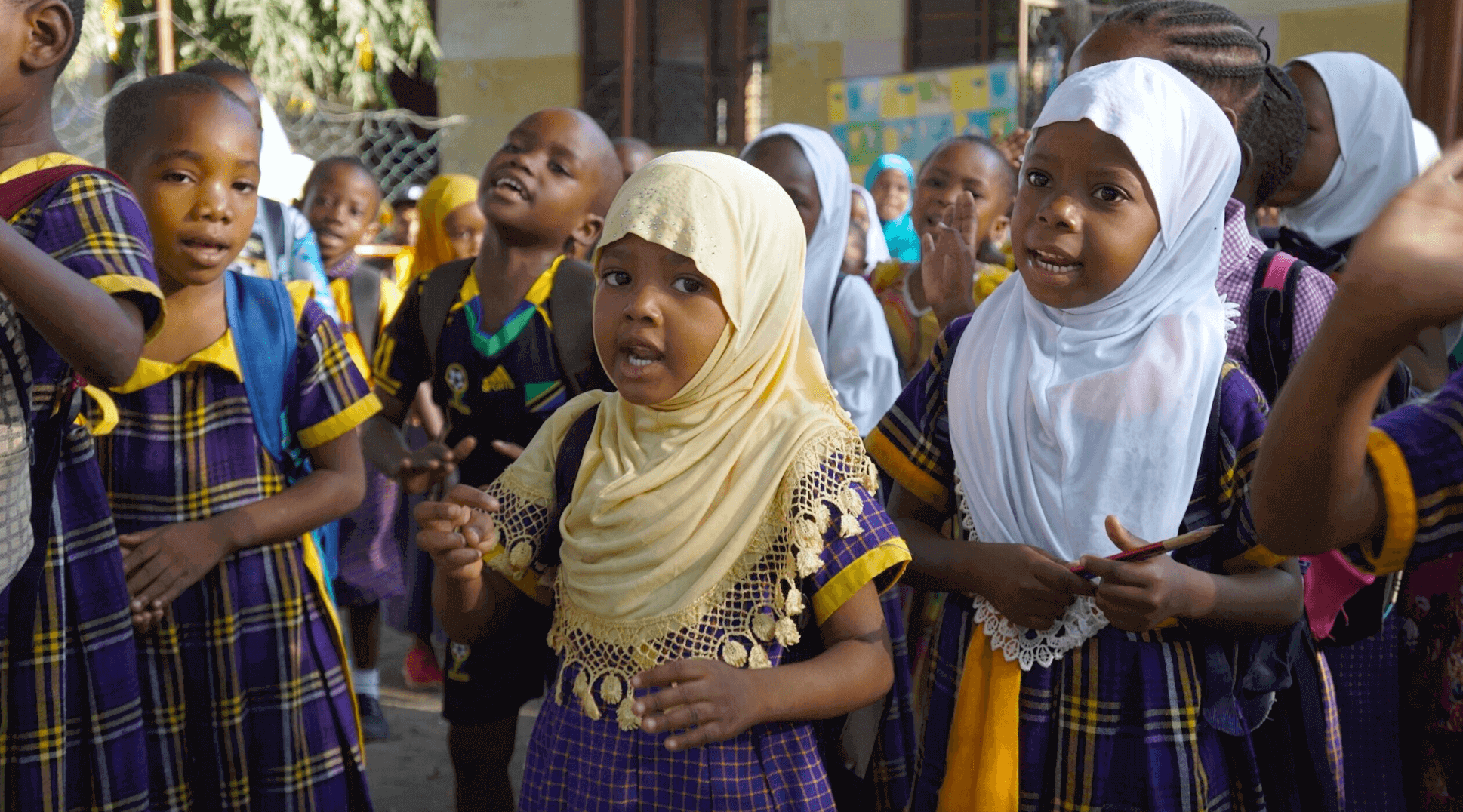Since 2021, we have been working with UNICEF’s Data Must Speak (DMS) research team in Tanzania and Zanzibar exploring positive deviant practices in schools and understanding the levers to implement and scale these practices.
Listen to the podcast to find out more about this research project
This study is one of the largest samples in education research in Tanzania in recent years. The analysis of national education datasets together with the Ministry of Education, Science and Technology in mainland Tanzania points to several challenges the education system is facing, including:
- An average pupil-teacher ratio of 73 pupils per teacher at the primary level
- A deficit of over 130,000 primary teachers
- Low availability and inequitable allocation of textbooks
In terms of learning outcomes, this analysis has also found that low maths performance remains a challenge in primary education, with apparent gender differences in outcomes in science and maths but not in language subjects. Further stages of the DMS research will seek to unpack these findings.
We are grateful for the opportunity to learn from this systematic research given that Schools2030 schools and learning sites are labs for generating innovative solutions to these learning challenges in the Tanzanian context. In subsequent stages of the DMS research in Tanzania and in Zanzibar, we will look to understand more about the practices adopted by schools which are leading to better learning outcomes and overall school performance, and we will compare these findings against our own school-driven evidence on innovative classroom solutions.
We look forward to updating you on subsequent stages of this research, but in the meantime, please access the full report on this stage of the project here.
Read more about our research projects, which explore education quality, equity, learning environments and teacher agency across Schools2030 contexts and student age groups.
